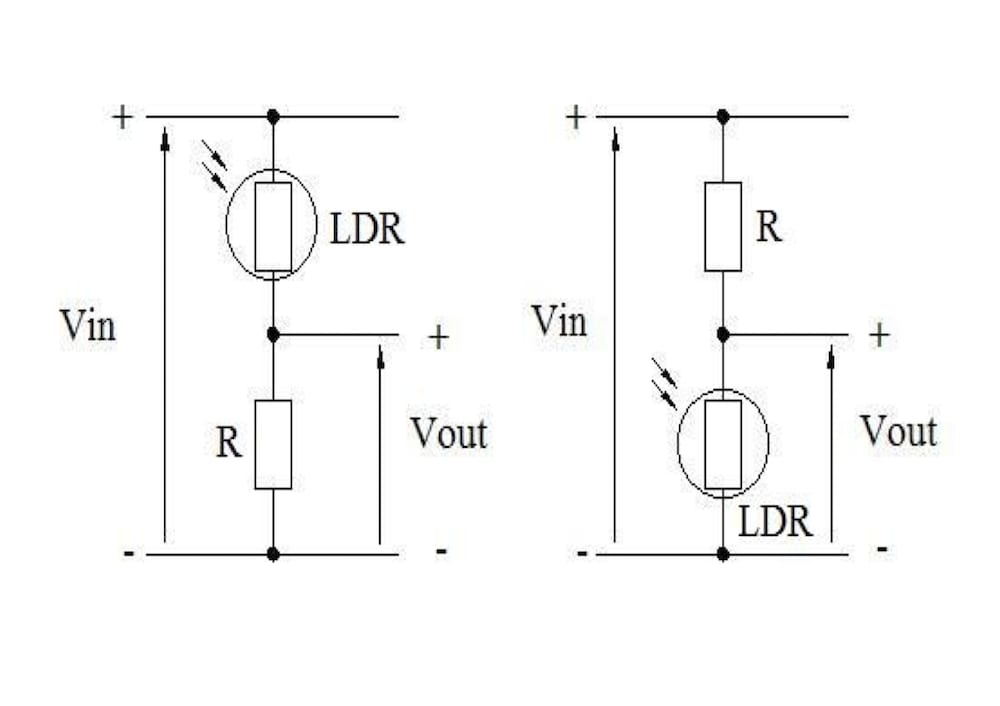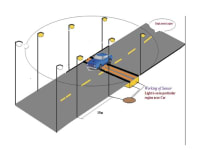Abstract—Providing street lighting is one the most important and expensive responsibilities of a city. Street lighting is a particularly critical concern for public authorities in developing countries because of its strategic importance for economic and social stability. Continuous efforts are being made for alternative and sustainable power generation techniques. A well-designed, energy-efficient street lighting system should permit users to travel at night with good visibility, in safety and comfort, while reducing energy use and costs and enhancing the appearance of the neighbourhood.In this work,we have perused through some of these efforts at achieving the above mentioned energy efficient automated street lighting system with the help of piezoelectric materials and light dependent resistors(LDR).One of the most extensively-studied
properties of piezoelectric materials is its ability to generate power when subjected to mechanical vibration, here due to vehicle movement.And the LDR used helps in detecting whether there is any need of street lights i.e. whether there is day or night.
Introduction—The proposed system uses the following components: to achieve its goals:
PIEZOELECTRIC MATERIAL:Crystals which acquire a charge when compressed, twisted or distorted are said to be piezoelectric. This provides a convenient transducer effect between electrical and mechanical oscillations. The generation of an electric charge in certain nonconducting materials.A photoresistor or light dependent resistor (LDR) is a resistor whose resistance decreases with increasing incident light intensity; in other words, it exhibits photoconductivity.
LIGHT DEPENDENT RESISTOR:A photoresistor is made of a high resistance semiconductor. If light falling on the device is of high enough frequency, photons absorbed by the semiconductor give bound electrons enough energy to jump into the conduction band. The resulting free electron (and its hole partner) conduct electricity, thereby lowering resistance.
LIGHT EMITTING DIODE (LED) technology is a fast-evolving technology with significant energy-saving potential. Operating for an average of 10 hours per day,LEDs have a life span of up to 13 years, and provide a pleasant spectrum of light (Masthead LED Lighting, 2009). The lifetime and performance depends on quality of the LED,system design,operating environment,and other factors such as the lumen depreciation factor over a period of time.
SOLAR PANELS can be installed with the street lights to power them during night. The solar energy captured by them can be used to charge an electric power source which will further help to illuminate the lights.
PROCESS –sensor will be installed midway on top of the road to maximise its range.One single sensor can control illumination of 6 LED street lights. As soon as any moving object having weight around or more than 25 kg comes in the range of the sensor, the battery gives high voltage across the lights only for the time when the object remains within the range of the radar.Hence when the car in the above diagram leaves the oval shaped region and enters the next sensor’s field, the lights common to both the fields will keep on glowing and the next 4 lights of the newly entered region will glow thus providing a continuous lighting for safe driving.
Like this entry?
-
About the Entrant
- Name:Debaditya Chakraborty
- Type of entry:teamTeam members:Mr. Roni Mukherjee, Mr. Md Sohail Mallick
- Patent status:none





